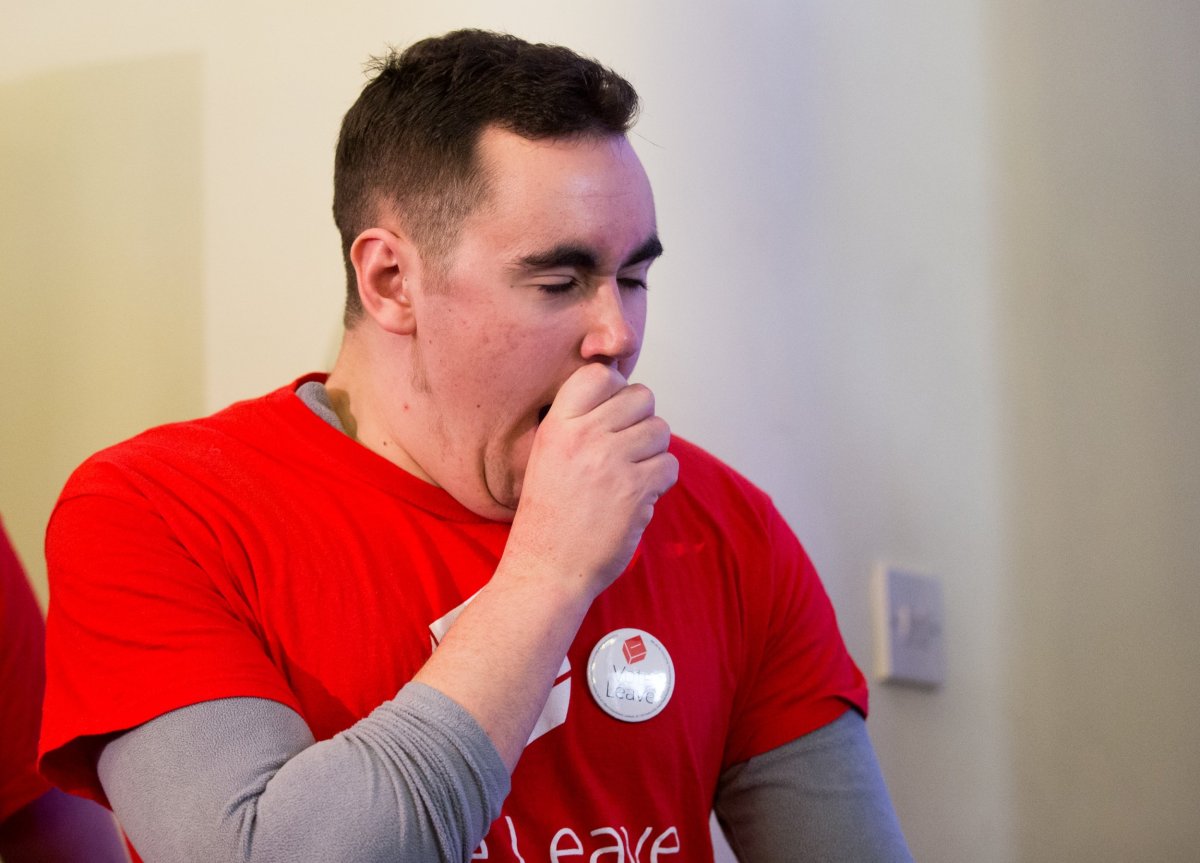Secondary schools that start at later times in the day allow students to get more sleep without moving their bedtime and are correlated to improved grades and better attendance.
A new study on sleep times, school start times and academic performance published Wednesday examined what happened in Fall 2016 when Seattle Public Schools dramatically overhauled their elementary, middle and high school start times. Researchers at the University of Washington viewed what happened to chronically sleep deprived Seattle teens when 18 high schools and most middle schools pushed their start time back from 7:50 to 8:45 a.m.
Students who participated in the study saw a 4.5 percent increase in their median grades and a slight improvement in average attendance rates.

The research touts the health and academic benefits of pushing back start times, but cautioned that factors such as teens staring at phones and computers late into the night can seriously hinder any benefits to a pushed back morning. The UW researchers collected light and activity data from participants using wrist activity monitors instead of using self-reported sleep logs and found that even when teens slept in longer due to the later start times -- an average of 34 minutes of sleep -- they did not stay up later to offset the gain. Students' total amount of sleep on school nights increased from a median of six hours and 50 minutes to seven hours and 24 minutes.
The bulk of past scientific studies on teen sleep patterns recommends they get eight to 10 hours of sleep every night -- a schedule that is difficult in the face of extra-curricular activities and teenagers' overuse of electronic devices with LED bulb lights hindering their sleep schedule.
The scientists compared 2016 sophomore sleep habits before the time shift to that of 2017 sophomores' daily lives after the time push-back. Teens' internal clocks perform best when they're allowed to sleep in later and the study authors compared teens being up and alert at 7:30 a.m. to adults being active and alert at 5:30 a.m. Younger elementary school students still started before their slightly older teen counterparts.
"Research to date has shown that the circadian rhythms of adolescents are simply fundamentally different from those of adults and children," said lead author Gideon Dunster, a UW doctoral student in biology.
"All of the studies of adolescent sleep patterns in the United States are showing that the time at which teens generally fall asleep is biologically determined -- but the time at which they wake up is socially determined," said Dunster. "This has severe consequences for health and well-being, because disrupted circadian rhythms can adversely affect digestion, heart rate, body temperature, immune system function, attention span and mental health."
The research was published Wednesday in the journal Science Advances, entitled, "Sleepmore in Seattle: Later school start times are associated with more sleep and better performance in high school students."
One of the students involved in the study, Franklin High School senior Hazel Ostrowski, told KOMO-TV being able to sleep in later made it easier to pay attention but her tech device-driven habits still hinder sleep.
Franklin High School senior Hazel Ostrowski, who took part in the study, said sleeping later makes it easier to pay attention during class but she still struggles sometimes.
"I'll wake up so tired I wish I could go back to sleep. At night, I'll be on my phone and I just want to stay up," she told the local news network. The researchers cautioned that their study, which focused heavily on teens exposure to light, could be skewed by the overuse of such devices before bedtime.
Uncommon Knowledge
Newsweek is committed to challenging conventional wisdom and finding connections in the search for common ground.
Newsweek is committed to challenging conventional wisdom and finding connections in the search for common ground.
About the writer
Benjamin Fearnow is a reporter based out of Newsweek's New York City offices. He was previously at CBS and Mediaite ... Read more
To read how Newsweek uses AI as a newsroom tool, Click here.








